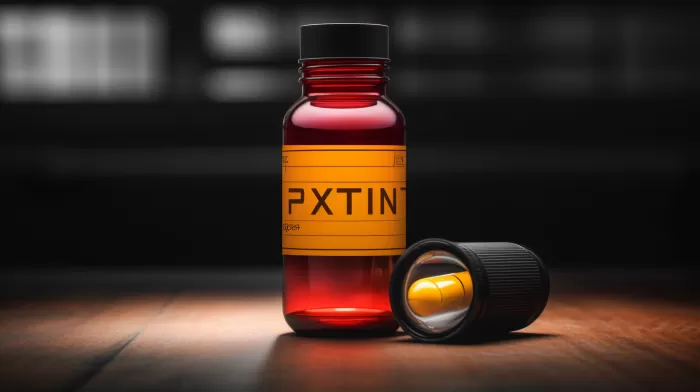More than 1 million Americans are currently experiencing muscle pain and weakness due to one best-selling pharmaceutical drug. Can you believe that their doctors aren’t making any effort to identify those who might be more vulnerable to these side effects? Are you one of these unlucky patients? Let’s find out.
The Hidden Dangers of Statins
Researchers at the Lawson Health Research Institute in London, Ontario, along with scientists at Vanderbilt University in Nashville, Tennessee, discovered that 1 in 10 individuals taking statins experiences muscle pain and weakness. Statins, which are designed as cholesterol-reducing drugs, are prescribed in significant amounts by doctors. Examples of such drugs include Crestor (rosuvastatin), Lipitor (atorvastatin) and Zocor (simvastatin).
“Currently, we do not fully understand the drug exposure necessary for optimal statin therapy, making it difficult to predict an individual’s dose requirement while minimizing the risk of side effects,” says researcher Richard Kim. In his study, he aimed to determine the statin blood levels of people and analyze the role that genes play in statin uptake and absorption.
“We found that commonly occurring genetic variations in the genes that help clear the drugs from the body, called drug transporters, are key predictors of patients who will likely have high statin blood levels,” explains Kim. “We think those patients with high levels of statins in their blood are at much greater risk for statin-associated muscle injury.”
Identifying Patients at Risk
As of now, doctors cannot readily identify patients at risk using available clinical tests. However, Kim suggests using pharmacogenetic tests that are presently available, along with the clinical variables he and his research team outlined in their study, to better identify these patients and prevent serious side effects. He says this is especially relevant for the many elderly patients who take these medications daily.
It is estimated that half of all men between the ages of 65 and 74 are taking statins, while 39% of women older than 75 are on these drugs. This highlights the importance of addressing the proper use of statins and the risks they may pose to certain populations.
What Are Statins Prescribed For?
Statins are prescribed to lower bad cholesterol (LDL) levels. According to the American Heart Association, high cholesterol levels can increase the risk of heart attack and stroke, and managing those levels is essential for maintaining a healthy lifestyle.
While lifestyle changes such as diet and exercise can help manage cholesterol levels, statin medications can provide necessary assistance for those with inherent high cholesterol risks. Despite their widespread usage, the consequences of these medications are often not adequately discussed between doctors and patients.
What Can You Do to Protect Yourself?
To ensure that you are not among the patients suffering from muscle pain and weakness as a result of statin usage, consider taking the following steps:
- Discuss Your Concerns with Your Doctor: If you are currently on statin medication or have been prescribed statins, talk to your physician about any concerns or questions you may have regarding side effects.
-
Ask for Alternative Options: Inquire about alternative cholesterol-lowering options, such as lifestyle changes or other medications, that may be suitable for you.
-
Educate Yourself: Research the topics of cholesterol, statins, and heart health to become more informed about what steps you can take to reduce your risk of high cholesterol. This will help communicate your concerns more effectively when you talk to your doctor.
-
Stay Active and Healthy: Engaging in regular exercise and maintaining a healthy diet are two significant factors in managing cholesterol levels and reducing the risk of high LDL levels. Be sure to speak with a professional nutritionist or personal trainer if you are unsure of how to make these changes.
Ultimately, maintaining open communication with your doctor is crucial for ensuring that you are on the right path to managing your cholesterol levels while minimizing the risk of potential side effects. Being proactive in addressing your concerns and taking charge of your health can be the key to navigating the world of medications, such as statins, more safely and effectively.



